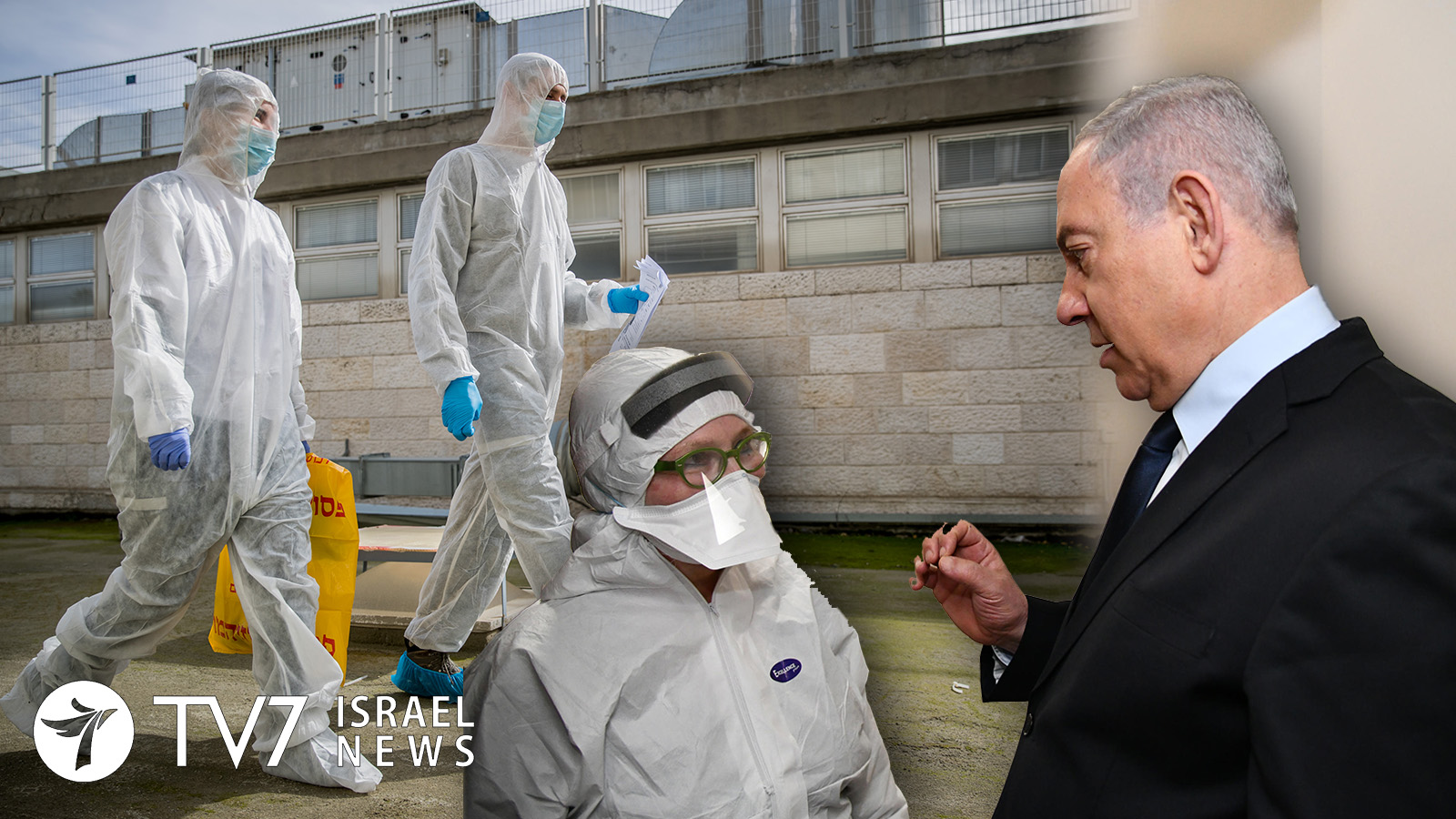Israel is preparing for the eventual possibility that the potentially-lethal coronavirus may overcome all preventative measures taken so far to obstruct its entrance into the country.
The Health Ministry has formulated an emergency plan to counter what may evolve into an epidemic. Every hospital nationwide will allocate 30 beds for the quarantine and treatment of 1,000 or fewer patients. If up to 2,000 people contract COVID-19, all non-urgent medical procedures will be postponed to facilitate recovery; and in the event the number of those infected rises even higher, an entire hospital will be vacated and set up as a treatment center.
So far, an isolation ward has been established at the Sheba Medical Center at the Tel Hashomer Hospital outside Tel Aviv, where 12 Israelis evacuated from the Diamond Princess cruise ship will be quarantined after returning home on a chartered flight tomorrow morning. The group will be transported by ambulance directly to the facility where they will remain under close supervision for two weeks. According to Sheba’s Deputy Director Dr. Arnon Afek, they will also be monitored by all the very best innovations created by the nation’s hi-tech startups.
Three other Israelis suffering from the disease were taken off the Diamond Princess and remain hospitalized in Japan until they have recovered.
Prime Minister Benjamin Netanyahu thanked the government officials from the Health and Foreign Ministries for their “major efforts” to “finally rescue” the stranded Israelis “from the infected cruise-ship,” and expressed his hopes that they all return in healthy condition. Soon after touring the isolation ward at the Sheba Medical Center, the Premier convened a special meeting on national readiness to combat the virus. He stressed that Israel’s policy “to prevent or postpone – as far as possible – the entry of the virus to Israel” has seemingly “been successful up until now.”
Netanyahu rejected “claims regarding over-preparation,” stressing that it was a far preferable position than “under-preparation.” “We still do not know what will happen with this disease. We do not know if there is a pandemic or something more limited, such as we have seen with the flu or SARS,” he said, underscoring that “We do not know; therefore, we will continue this over-preparation until things become clear and perhaps even afterward.”
